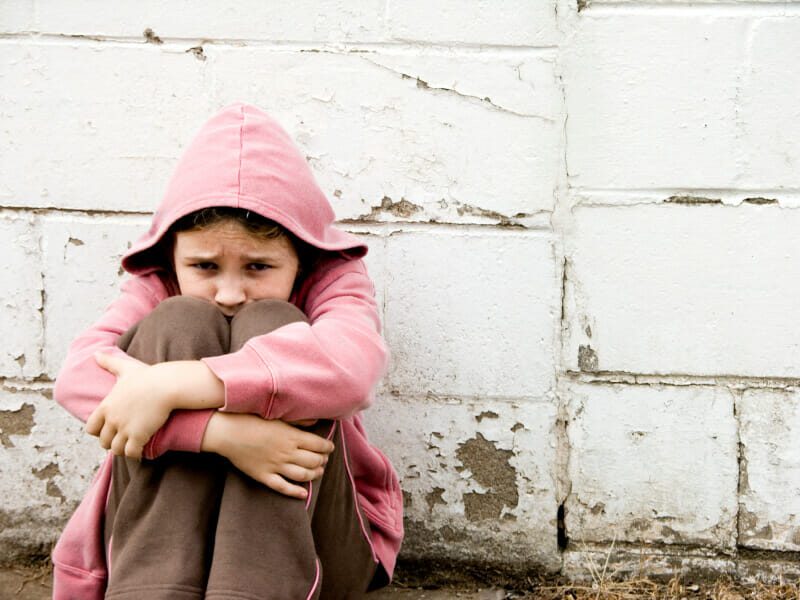Child Abuse Prevention: Recognizing and Reporting Child Emotional Abuse

Emotional abuse can be more difficult to identify than other forms of abuse, since its effects are internal. However, some behaviors can alert others to problems within a child’s household.
In this blog, learn how children who are experiencing emotional abuse behave and how you should react.
Signs of Emotional Abuse
A child may be experiencing emotional abuse if:
- The child:
- Is delayed in physical or emotional development
- Has speech problems or difficulty learning
- Shows extreme behavior, such as being overly compliant or overly demanding
- Is often negative about himself or his abilities
- Shows little interest in friends and activities
- The parent
- Blames, belittles, or berates the child
- Overtly rejects the child
- Is unconcerned about the child/refuses to help the child
How to Respond to Child Emotional Abuse
Caregivers may become abusive when stress builds in their lives. If you notice this happening and if you have a close relationship with the caregiver who is acting unjustly toward a child, giving the caregiver a kind and guiding response can sometimes resolve the problem. However, intervene only if you’re sure that your words will make a difference, and always approach the situation cautiously and caringly.
If the situation is too violent or the caregiver refuses to change, it is your duty to contact an authority. Every state has a local child abuse hotline. You can find the information online. You may also call the Childhelp National Child Abuse Hotline at 1-800-422-4453 (US). It is open 24 hours a day, 7 days a week. Before you call either hotline, be prepared to give a detailed report of the incident that led you to suspect child abuse. Be sure to tell the truth fully and accurately on the phone. Based on your answers, the hotline will decide whether to conduct a more in-depth investigation.
If the child is in immediate danger, call 911.
Child emotional abuse affects thousands of children around the world. Neglect ranks as the most common form of abuse, affecting about 60% of child abuse victims. If you notice a child suffering from emotional abuse, speak up. You may be the only person who can help the child.
Contact an Experienced Child Abuse Attorney
If you believe that your child has been the victim of psychological or emotional abuse, contact Thomas J. Henry. For over two decades, Thomas J. Henry has been an advocate for psychologically abused children across the state of Texas. Our experienced child injury lawyers are available 24/7, nights and weekends to take your call. Contact us today for a free case review.


